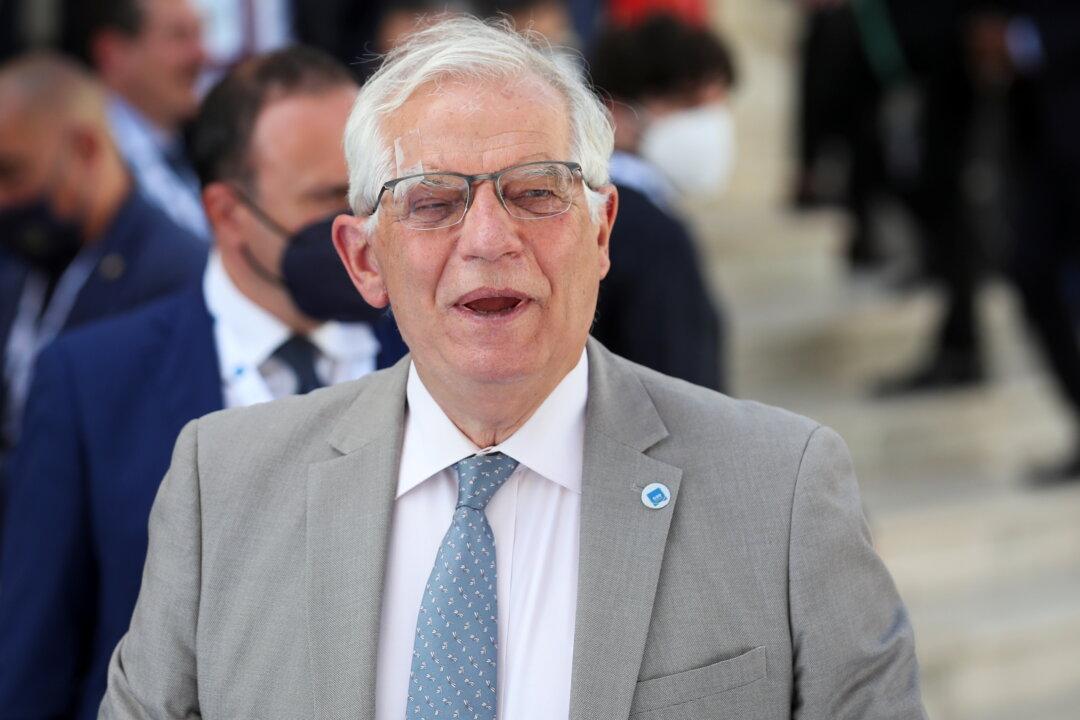PARIS—The European Union said on Monday it wanted to agree by the end of July the legal framework for a sanctions regime targeting Lebanese leaders, but cautioned that the measure would not be immediately implemented.
Led by France, the EU is seeking to ramp up pressure on Lebanon’s squabbling politicians after 11 months of a crisis that has left Lebanon facing financial collapse, hyperinflation, electricity blackouts, and fuel and food shortages.





